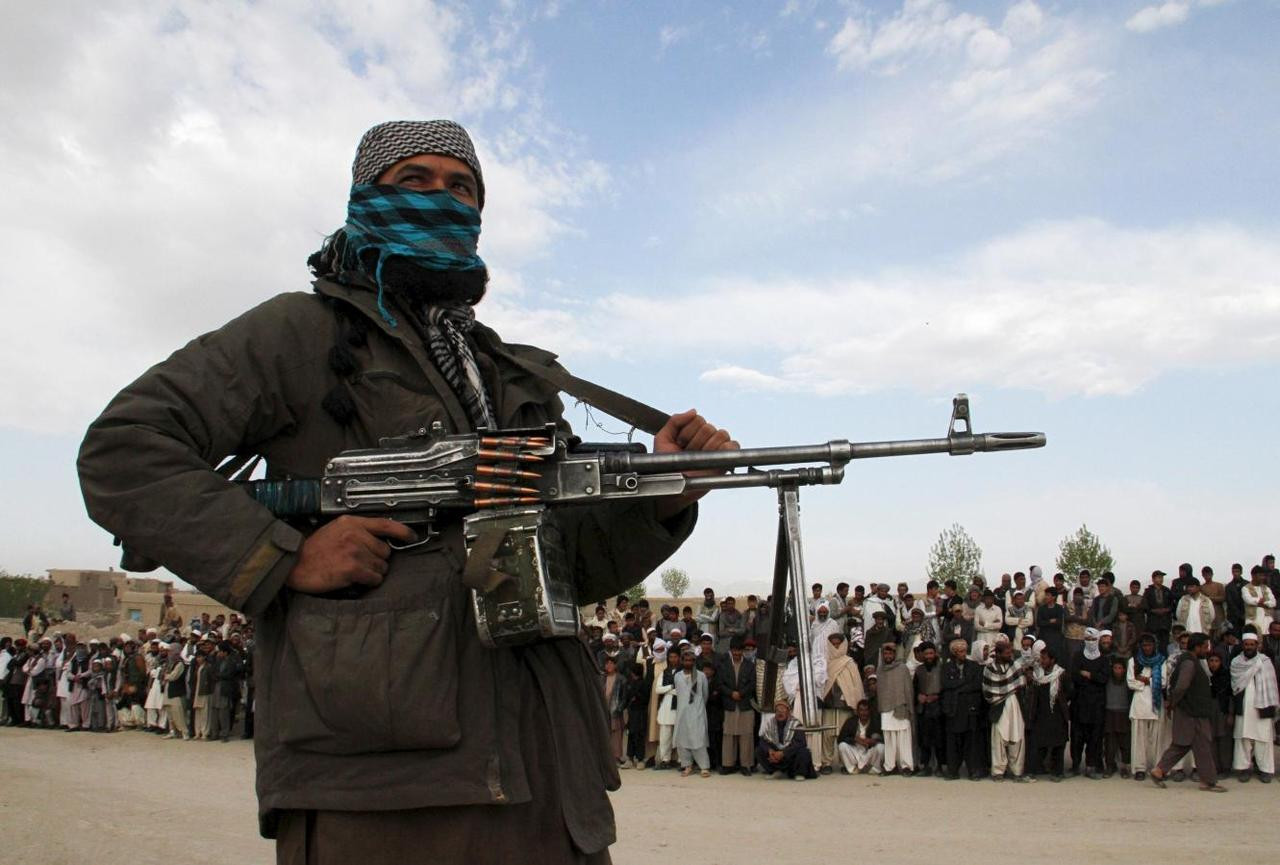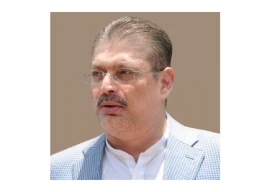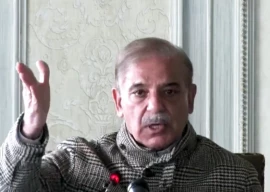
In a major development, the United States and its key Western allies have identified the banned Tehreek-e-Taliban Pakistan (TTP) as a major threat not just to Pakistan but also to their own security.
During a meeting last month of what seems to be a newly-formed group on Afghanistan in Paris, several Western nations endorsed Islamabad’s view that the banned terrorist outfit was operating from Afghanistan.
Special envoys and representatives for Afghanistan of Australia, Canada, the European Union, France, Germany, Italy, Norway, Switzerland, the United Kingdom, and the United States met in the French capital on February 20 to discuss the Afghan situation.
The meeting was kept under wraps for over two weeks before a joint statement was issued by the US State Department on Tuesday, which expressed grave concerns over the activities of terrorist groups, including the TTP, in Afghanistan.
The fact that the meeting was held on the eve of the first anniversary of the beginning of the war in Ukraine suggested that the West might have been preoccupied with the conflict in their own backyard but it had not forgotten Afghanistan.
What was significant in the joint statement was the fact that the US and its Western allies voiced grave concerns over the increasing threat of terrorist groups, including Islamic State–Khorasan Province (ISKP), Al Qaeda, TTP and others, in Afghanistan.
Importantly, the joint statement noted that these groups, including TTP, “deeply affect security and stability inside the country, in the region and beyond”, and called on the Taliban to uphold Afghanistan’s obligation to deny these groups safe haven.
This was the first time any Western bloc explicitly termed TTP a threat to their security, something that would be welcomed by Pakistan. The renewed interest of these powerful Western countries, which formed the core of the US coalition after the 9/11 attacks, indicated that they were increasingly concerned over the Afghanistan situation.
That also reflected in the joint statement where they noted with “grave concern the increased threat to security and stability in Afghanistan and the deterioration of the humanitarian and economic situation”, with more than 28 million Afghans now in need of humanitarian aid, of whom more than half were women and children, and six million just one step from famine.
They emphasised that their concern about increasing deterioration and multiple violations of human rights and fundamental freedoms of Afghans by the Taliban since August 2021, especially those of the women and girls as well as members of ethnic and religious minorities and other marginalised groups.
They strongly condemned the Taliban’s decisions in December 2022 to ban Afghan women from university education and from working in non-governmental organisations (NGOs).
They affirmed that these decisions violate and threaten not only Afghan women’s rights and freedoms, but also the overall much-needed social and economic development of the country, which would suffer greatly if half of the population was excluded from participating meaningfully.
They emphasized that humanitarian assistance could not be delivered fairly or effectively if limited by discriminatory policies or practices. They called for immediate reversal of these unacceptable bans as those prevented humanitarian assistance from reaching the Afghans most in need.
They recalled the Taliban’s responsibility for the deterioration of the economic and humanitarian situation, and stressed that the recovery of the country, improvement of the economic situation; and the response to the needs of the Afghan people should be the main preoccupation of the Taliban.
They underscored that achieving peace and stability in Afghanistan required a credible and inclusive national dialogue, leading to a constitutional order with a representative and inclusive political system.
They stated that the situation and developments in Afghanistan should be constantly observed with the utmost vigilance and that coordination among members of the international community should be maintained and reinforced in light of future developments in Afghanistan and with the interest of the people of Afghanistan in mind.
The group of special envoys and representatives agreed to meet again in the near future.


1732225542-0/logan-(1)1732225542-0-165x106.webp)



















COMMENTS (2)
Comments are moderated and generally will be posted if they are on-topic and not abusive.
For more information, please see our Comments FAQ